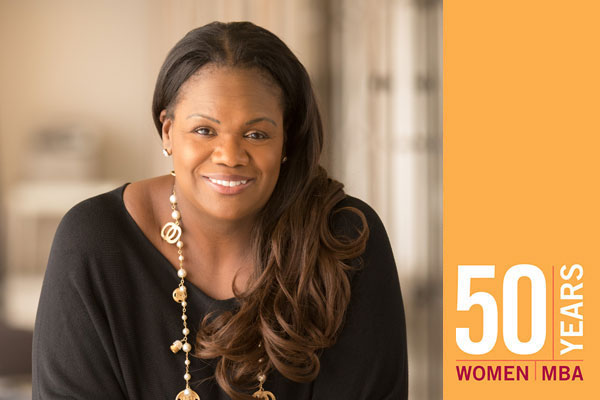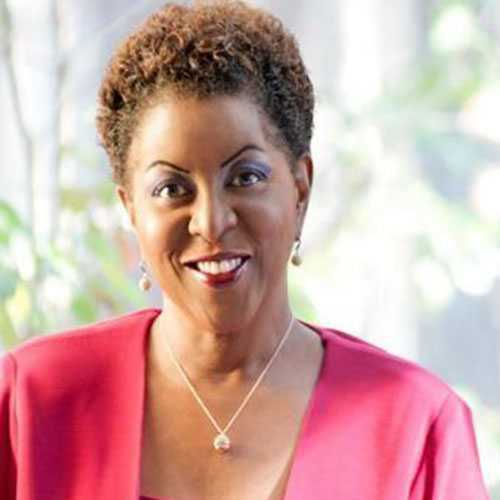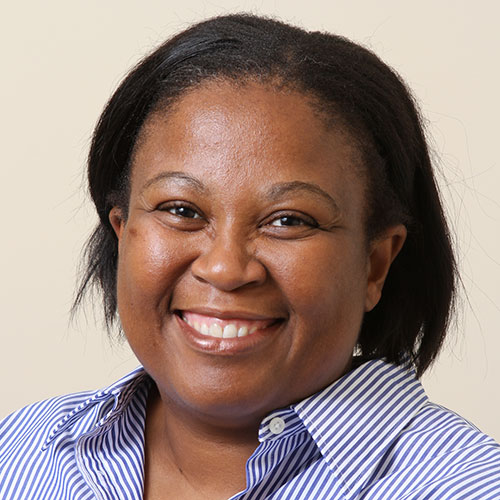
Dame Vivian Hunt
Biography
Dame Vivian Hunt is the Managing Partner for McKinsey & Company's United Kingdom and Ireland offices and is a Senior Partner of the firm. Vivian previously led the firm's Pharmaceutical & Medical Products practice in EMEA, and continues to advise leading companies on a broad range of strategy topics, with a particular focus on performance transformation and organizational development.
What impact did HBS have on your life and the life of others?
From an early age, I got to see the map of the world folding in on itself—people separated by starkly drawn borders who came together, then thrived. My father was in the Air Force, and we moved for each of his postings. Before I turned twelve, I had lived in the Deep South, the grueling Northwest, the Heartland, and Japan. By the time we moved to Boston, I knew the thrill of being surprised by strangers, their peculiarities gradually transforming them, making them strong and interesting, giving them a perspective worth hearing. It was a wonder to me.
At 18, I arrived at Harvard College, a place devoted to drawing out diversity in talent. I worked at Harvard Student Agencies—best known for the Let's Go travel guides—and by my senior year, I was serving as president. The experience taught me that I loved running a business, and that I had a knack for entrepreneurship. I was proud that we employed hundreds of students, not eight or nine, and that we put cash in students' pockets. It was satisfying work, and the start of my career-long belief that business can have a positive impact and improve lives.
So, I followed it up with the Peace Corps. I expected to help with one of the entrepreneurship programs, but instead I was assigned to a midwifery practice in rural Senegal. It was at once overwhelming and rewarding, since we usually saw women who had been unable to deliver their babies at home, the ones in acute distress. That job inspired my lifelong interest in healthcare, and it taught me humility: to acknowledge all that I don't yet know, to listen, and always to look for existing best practices wherever I work.
I arrived at HBS convinced that excellence comes from the confluence of diverse minds. It happens when the map folds in on itself, when you turn and ask the kid in the back of the classroom what she thinks, or put aside your notes and listen to the experienced midwife. Then you create a hospitable environment for innovation. I wanted to be the person who makes those unlikely conversations possible, the one who brings those diverse talents into one room.
I didn't know exactly how or where I would do this—but I don't think you need to know all that coming into business school. You can arrive with a conviction about how the world should work, and HBS will teach you how to make that real and tangible. I believe that women especially need to know this: We have so much more power and authority than we allow ourselves to imagine. Be confident about what you're doing. We live in exciting times for globalization and technology. Think of your business degree as a platform for learning, and take advantage of the way it can broaden your options and introduce you to new fields.
My husband and I moved to London over 20 years ago now; I transferred with McKinsey and helped build their healthcare practice from the ground up. Looking back, it seems so inevitable that I should do this kind of work. It wasn't so clear back then, and it didn't need to be.
Now, having lived and worked across the globe, I continue to believe that culturally fluent business leaders will drive progress in an increasingly volatile era. They are the ones equipped to bring together diverse global talent, who can coax fresh ideas from a gathering of unlikely colleagues to deliver the highest quality outcomes.

